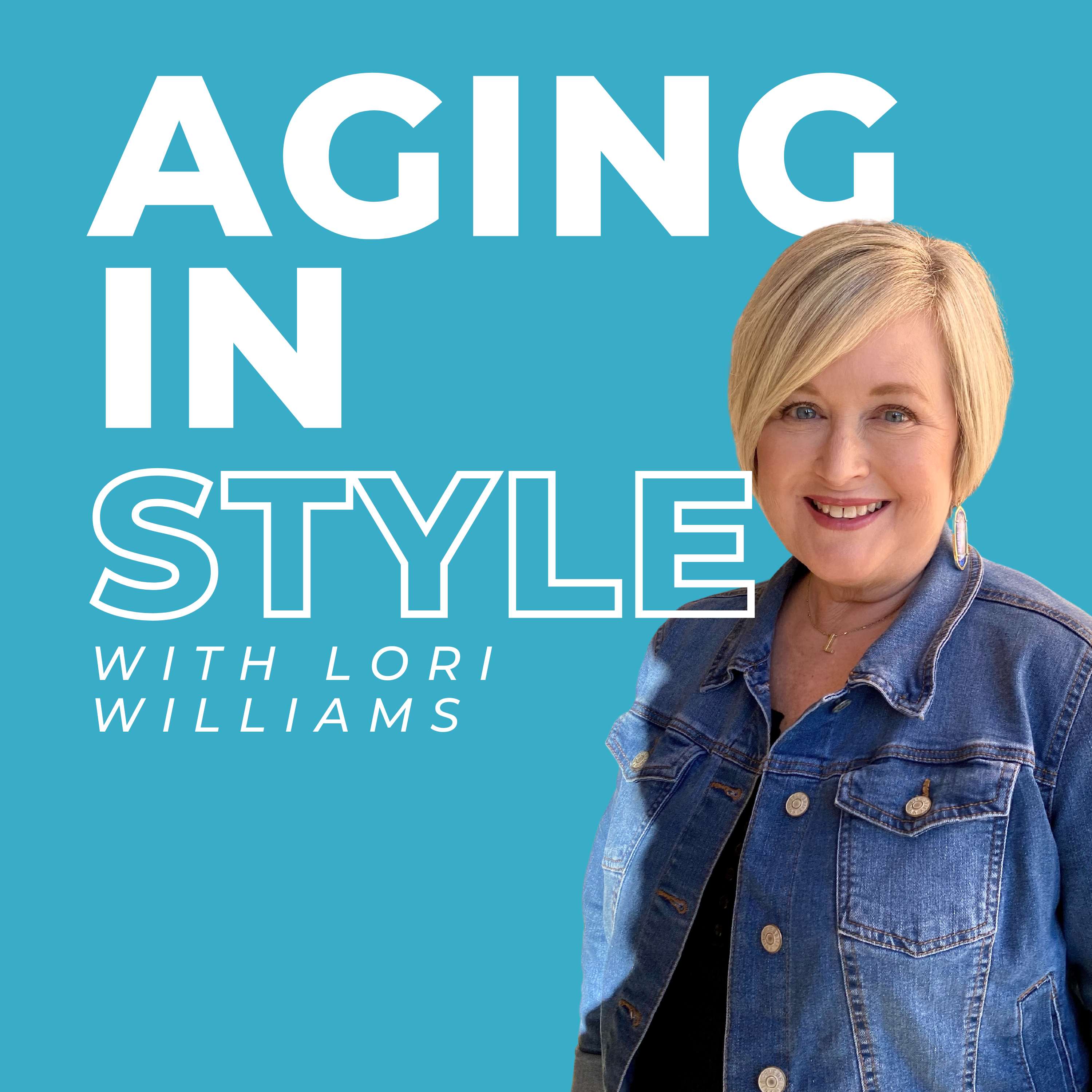112. 10 Warning Signs To Be Aware Of About Dementia
The holidays will be here before you know it, and soon you may be visiting family members you haven’t seen in a while. When spending time with aging loved ones, it’s important to keep your eye out for changes in behavior since the last time you visited. These could be signs of dementia.
When it comes to dementia and Alzheimer’s, the more informed you are, the better support your family will receive. Senior Program Manager Megan Rowe from the Alzheimer’s Association for Dallas and Northeast Texas is here to explain the warning signs and provide tips for helping your loved ones.
First, understand the greatest risk factor for dementia is age, but it’s not a normal part of aging. You may think of memory loss when it comes to dementia – however, it could impact mood, daily routines, sociability, spatial awareness, balance, problem-solving, and even finances. In fact, financial fraud and exploitation can be an unwanted outcome for those with dementia, making it all the more critical to check on your loved ones.
When forgetfulness is involved, those with dementia tend to forget recently learned information, as well as important dates and events (like anniversaries). It’s more severe than forgetting where you parked, it’s being unable to even retrace your footsteps to find your way to your car. Forgetfulness can even become dangerous when your loved ones rely on daily medications.
Early detection is important, so be aware of the signs. That way, your loved one could even become involved in their own future planning and treatment. Ask yourself:
- Is your loved one no longer doing something they used to love? For instance, maybe they no longer cook or go to church though they always used to.
- Has their routine changed? Maybe they’re no longer caring for their hygiene or cleaning their house.
- Do they tend to stay home and isolate themselves?
- Are the bills getting paid?
- How is their balance and spatial awareness?
- Are they showing signs of anxiety, anger, or paranoia?
If your loved one is exhibiting signs of dementia, it’s important to identify a cause / type of dementia, as well as consider further treatment by a specialist. Keep in mind that staying social is also beneficial for living with dementia, not just for your loved one, but for all involved. Support systems are vital; plus, outcomes improve when loved ones stay social and active.
Topics discussed:
Dementia
Alzheimer’s disease
Signs of dementia / Alzheimer’s
How to help loved ones with signs of dementia
Home for the holidays
Treatment / support for dementia
Wandering
Financial exploitation of seniors
Power of attorney
Takeaways from this episode:
-For one person with dementia, it takes two and a half people to care for them. It’s important to have a support network because no one can handle it all alone.
-Sometimes other issues can mimic dementia symptoms, so be sure to rule out medication interactions, urinary tract infections, and more.
-Understand loved ones may be “covering” for each other. For instance, a spouse may try to cover up the signs of their partner’s dementia so people won’t worry.
-A person with dementia may have a fear of others finding out and distance themselves from their social groups and former routines. However, having a social life improves their quality of life and outcomes.
-One sign of dementia is having issues with visual and spatial relationships. Maybe it’s difficult to judge the distance of a car, or black-and-white tile may appear like holes in the ground.
-Go to alz.org for an appointment checklist for your doctor when determining the dementia diagnosis and treatment plan.
Resources discussed in this episode:
Visit the caregiver center online, with free e-learning, support groups, and education:alz.org
Call the 24/7 Alzheimer’s Association helpline:800-272-3900
What you need to know ahead of a doctor's visit, or when a dementia diagnosis may be imminent:
https://www.alz.org/alzheimers-dementia/diagnosis/visiting-your-doctor
To suggest a topic, be a guest or to support the podcast, please email Lori@Loriwilliams-seniorservices.com For more senior resources and to sign up to the newsletter, please visit:https://www.facebook.com/LoriWilliamsSeniorServices/https://www.instagram.com/theloriwilliams/https://www.linkedin.com/in/theloriwilliams/https://loriwilliams-seniorservices.com/aging-in-style-podcast/

